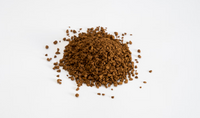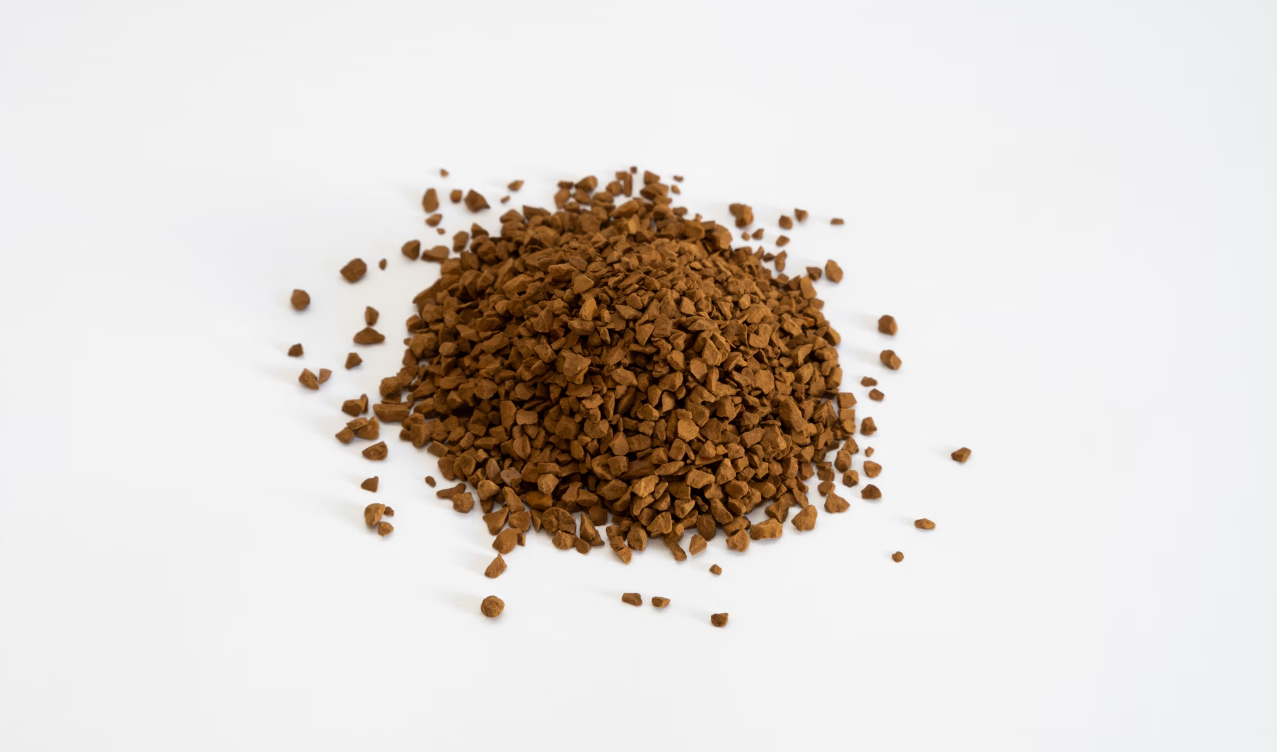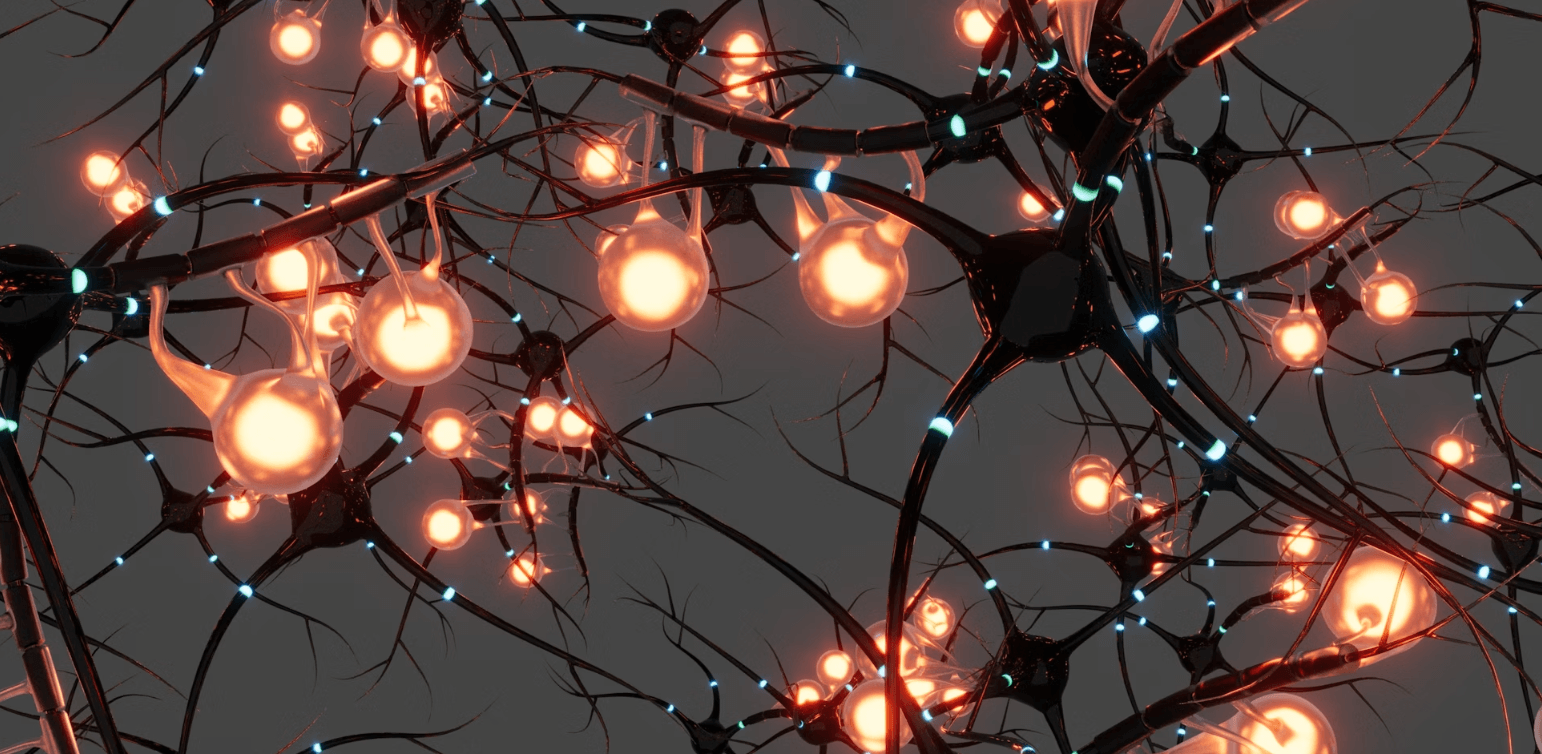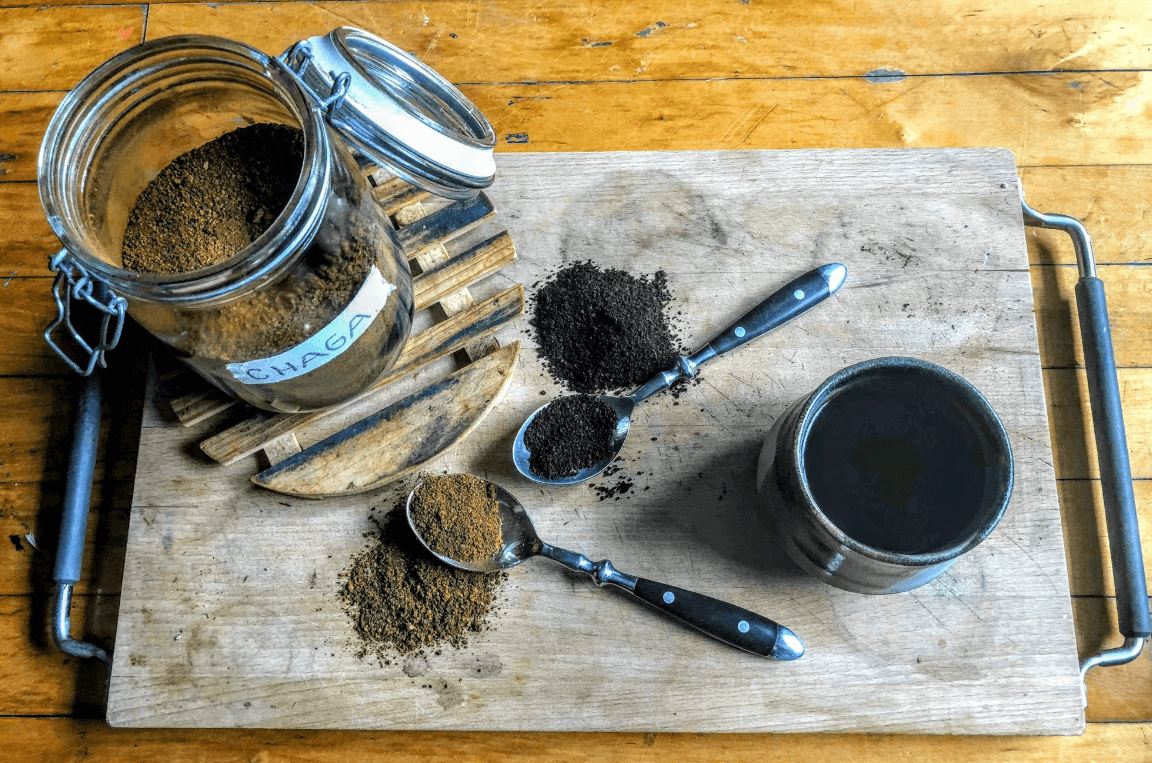We have all been informed of the risks associated with drinking an excessive amount of coffee or energy drinks, as well as too much caffeine in general. It's very easy to overconsume caffeine considering why so many people worldwide use it. Caffeine assists us in getting out of bed in the morning and enables us to be more productive throughout the day and to be our best selves. No one can deny that caffeine serves a powerful purpose in our society.
Caffeine, the most widely consumed and strong medicine in the world, has both positive and negative side effects; nevertheless, the impact that caffeine has on your memory will be the primary emphasis of this blog.
Does caffeine mess with your long-term memory?
The short answer is "yes," but you may be surprised to hear that its effect on an individual's memory is positive.
Caffeine has the ability to improve one's long-term memory. In this study, subjects were shown photographs and asked to recall the images against numerous similar but different photos. After viewing these photographs, participants were given caffeine tablets containing 200 mg of caffeine each. When asked to differentiate between the same photos and similar ones the following day, they did significantly better.
The researchers even attempted administering amounts of caffeine ranging from 100 to 300 milligrams. To their surprise, they found that performance improved when they took in 200mg of caffeine rather than 100mg.
Capabilities of Memory for the Short Term
In the studies that have been done on the effects that coffee has on people's short-term memories, researchers have discovered inconsistent results.
In another study, subjects were given 100 milligrams (mg) of caffeine, which is the same amount that can be found in a single cup of coffee, and then scanned via functional magnetic resonance imaging (fMRI). This scan revealed increased activity in a number of regions of the brain, one of which is the frontal lobe of the brain. The frontal lobe is also where a piece of the network for working memory is located.
How much of a risk does drinking coffee on a daily basis pose?
The Food and Drug Administration recommends that persons who are healthy should consume no more than 400 milligrams of caffeine on a daily basis. The average cup of coffee has between 80 and 90 mg of caffeine, meaning that to reach the maximum recommended daily amount, you would need to drink about four cups of coffee.
Organic, natural caffeine to help you achieve greater mental clarity and memory
All of that said, caffeine is associated with a number of adverse side effects that should be brought to your attention. If you are worried about caffeine's impact on your health, talk to your primary care provider.
While many studies show that caffeine improves memory and recall, you should know not all caffeine is created equal. Natural or organic caffeine is what we advise you to look for while shopping for caffeine.
It would be a good idea to give Grateful Earth coffee a go because it is a form of caffeine that will not make you feel jittery. L-Theanine, a powerful amino acid, is combined with caffeine from Grateful Earth to help counteract the blood pressure-raising effects of coffee.













